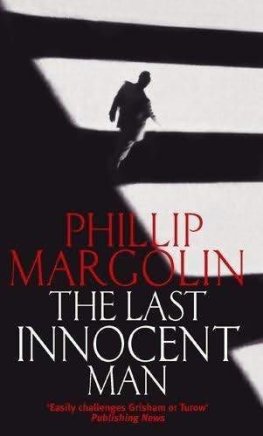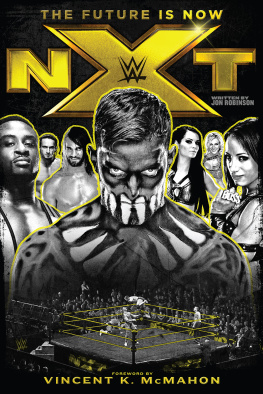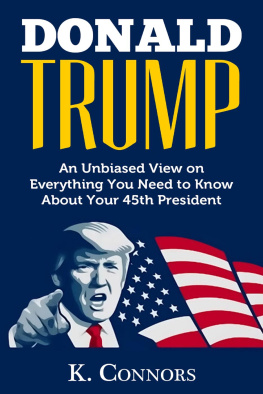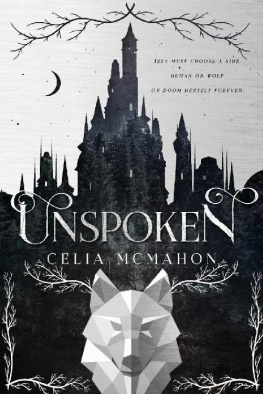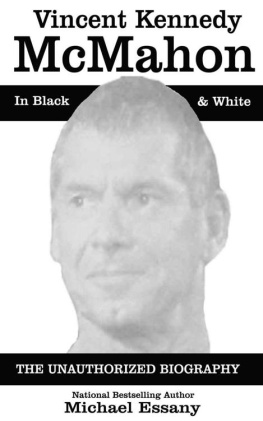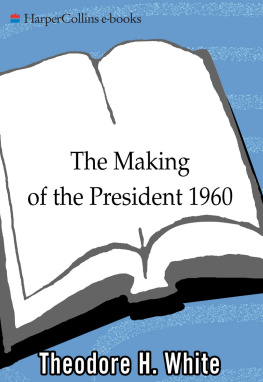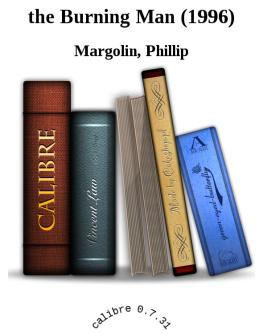TrumpMania:
Vince McMahon, WWE and the Making of Americas 45th President 2020 Election Special Edition
Lavie Margolin
Copyright 2020 Lavie Margolin
All rights reserved.
ISBN: 9798683844196
A special thanks to the pro wrestling twitter community over the last four years. Your support, knowledge and keen research skills has reignited an interest in something I once loved.
Editor: Justin M Knipper
CONTENTS
Who has enough ruthless aggression to reach for the stars as you never have before?
-Vince McMahon, Monday Night Raw, Cleveland, OH, June 24, 2002
I have joined the political arena so that the powerful can no longer beat up on people who cannot defend themselves. Nobody knows the system better than me.
-Donald Trump, RNC, Cleveland, OH July 21, 2016
T he 1980s was a time of big personalities, wealth and flashy lifestyles. In an era remembered for Madonna, Michael Jackson and Arnold Schwarzenegger, it would be difficult to say that Donald Trump and Vince McMahon stood out above the pack. But they certainly held their own.
Richard Taskin, a History Professor at North Adams State College wrote that "when the history of the 1980s is written, McMahon will occupy as important a place as Rambo or Ronald Reagan."
Donald and Vince have done and said outrageous things. Their careers have benefitted from others looking the other way. For Trump, it was just "Donald being Donald," and for McMahon it has always been "only pro wrestling" regardless of how many battered bodies and premature deaths of wrestlers in WWE.
Trump captured New York tabloid headlines while growing a real estate empire and McMahon emerged as the Master of Professional Wrestlingeven as he professed that he wasnt in competition with other leagues, but was instead fighting for the family entertainment dollar against companies like Disney.
As Vince McMahon stated when inducting Donald Trump into WWE Hall of Fame in 2013, the two of them are very much alike. Each had been dubbed the "P.T. Barnum" of their respective fields. One does not have to venture too far to see the connections.
Exhibiting some classic Type A personality traits, McMahon and Trump are very competitive, can get easily wound up, have a heightened sense of urgency and can become angry or hostile. They are also wonderful at promotion. They dont mind inflating attendance numbers that are already good to make an event seem even bigger than it already is, simply because they were involved, whether it is claims of the highest attended inauguration ceremony ever or a WrestleMania event that exceeded 100,000, no matter how many ushers and ticket takers had to be included in the number.
Trump and McMahon, who are similar in age and height, have deep family roots deep in their primary business interests (real estate and professional wrestling, respectively) that date back to their grandfathers.
While Trump grew up with his father in a wealthy area of Queens, NY called Jamaica Estates and learned the real estate business at his knee, McMahon grew up in a trailer park in North Carolina, and would not meet his father until he was twelve years old. His father, despite or perhaps because of being the son of a promoter himself, told him to find steadier work, like a government job.
While Trumps lineage may seem like a less bumpy ride, it was not without its blemishes. His father, Fred was once arrested for failure to disburse at a Klu Klux Klan rally in 1927 and his grandfather, Freidrich Drumpf (the familys last name was changed at one point), was said to amass his wealth partly by setting up brothels near mining towns. A former colleague at the United States Football League said, "Donald grew up the fourth of five children in a privileged family, and he is still in the race to win enough approval."
McMahon and Trump glowingly wrote about their fathers in the book, Great Dads: A Celebration of Fatherhood . Alongside an eclectic collection of celebrity contributions, including George W. Bush, Jesse Ventura, Jay Leno and Christie Todd Whitman, Trump and McMahon included pieces about their fathers loyalty and fairness to their employees.
Both Trump and McMahon have involved their children deeply in their businesses and have kept them close by at public appearances, especially Trumps oldest daughter Ivanka, and McMahons only daughter, Stephanie. Andrea Bernstein, the author of American Oligarchs: The Kushners, the Trumps, and the Marriage of Money and Power, describes Ivanka as "an embodiment of a certain view of confident modern womanhood." Stephanie McMahon, current WWE Chief Brand Officer, is the companys public embodiment of work-life balance, and her prowess in life had been planned to be displayed to the world for a now postponed autobiography titled Lady Balls . Bernstein also writes of Ivanka that "At crucial moments, she deployed this brand to blunt her fathers sharper image." Stephanie, while remaining blunt, has always been ready to defend her father, even at inopportune moments, such as comparing her fathers steroid trial ordeal to the attacks on the World Trade Center, a few days after 9/11 on WWEs Smackdown program.
Trump and McMahon have each made the wrong financial decisions at certain points in their careers but have come out on top and are generally seen by the public at-large as flawed but successful people in the world of business. With gambling legalized in Atlantic City in 1976 to help prop up the struggling beach town, Donald Trump began eyeing potential business ventures. He planned on building a casino and hotel next to Convention Hall, now known as Boardwalk Hall. Wary of the Casino Control Commission and challenges in obtaining financing, Trump partnered with Holiday Inns, Inc. to build Harrahs at Trump Plaza, which opened in 1984. It was Atlantic Citys tallest building and also had the largest square footage of any casino. A walkway connected the casino to Convention Hall. The casino itself was later renamed Trump Plaza and Trump bought out Harrahs stake for $25 million.
One point of contention, other than the name, was the type of gamblers that the new hotel would seek to attract. Trump wanted to focus on the high-stakes rollers, while Harrahs wanted the middle-market customer as well. When Trump paid $3.2 million to bring boxing super fight Michael Spinks vs. Gerry Cooney to town, big rollers left $7.2 million on his tables. Once Trump was in full control in 1986, however, he realized that he did need the middle market gamblers as well. Bringing WrestleMania to town in 1988 was a strategy to attract that audience and their families.
In 1980, Vince and Linda McMahon founded Titan Sports. They acquired the Cape Cod Coliseum and not only oversaw Vince McMahons fathers wrestling events taking place at the arena but also hockey games and other touring entertainment. Later, McMahon purchased his fathers successful regional wrestling promotion, the World Wrestling Federation. Rather than a one-off payment, the pair agreed to a series of installments, with the deal voided were even a single payment missed. The younger McMahon later described his reliance on future earnings to make these payments as "smoke and mirrors."
Despite being a regionally-based company, the WWF controlled some of the United States most populous markets, media hubs, and venues for hosting wrestling in places like New York, Boston, Philadelphia and Washington, D.C. McMahon had ambitions of taking the World Wrestling Federation national, a no-no for a business that had for decades been run by regional promoters with respect for a territorial system. By the mid- 1980s, McMahon was acquiring the largest stars in the business from rivals to wrestle exclusively for his company, including the crown jewel to help him achieve his ambitions: Hulk Hogan.


